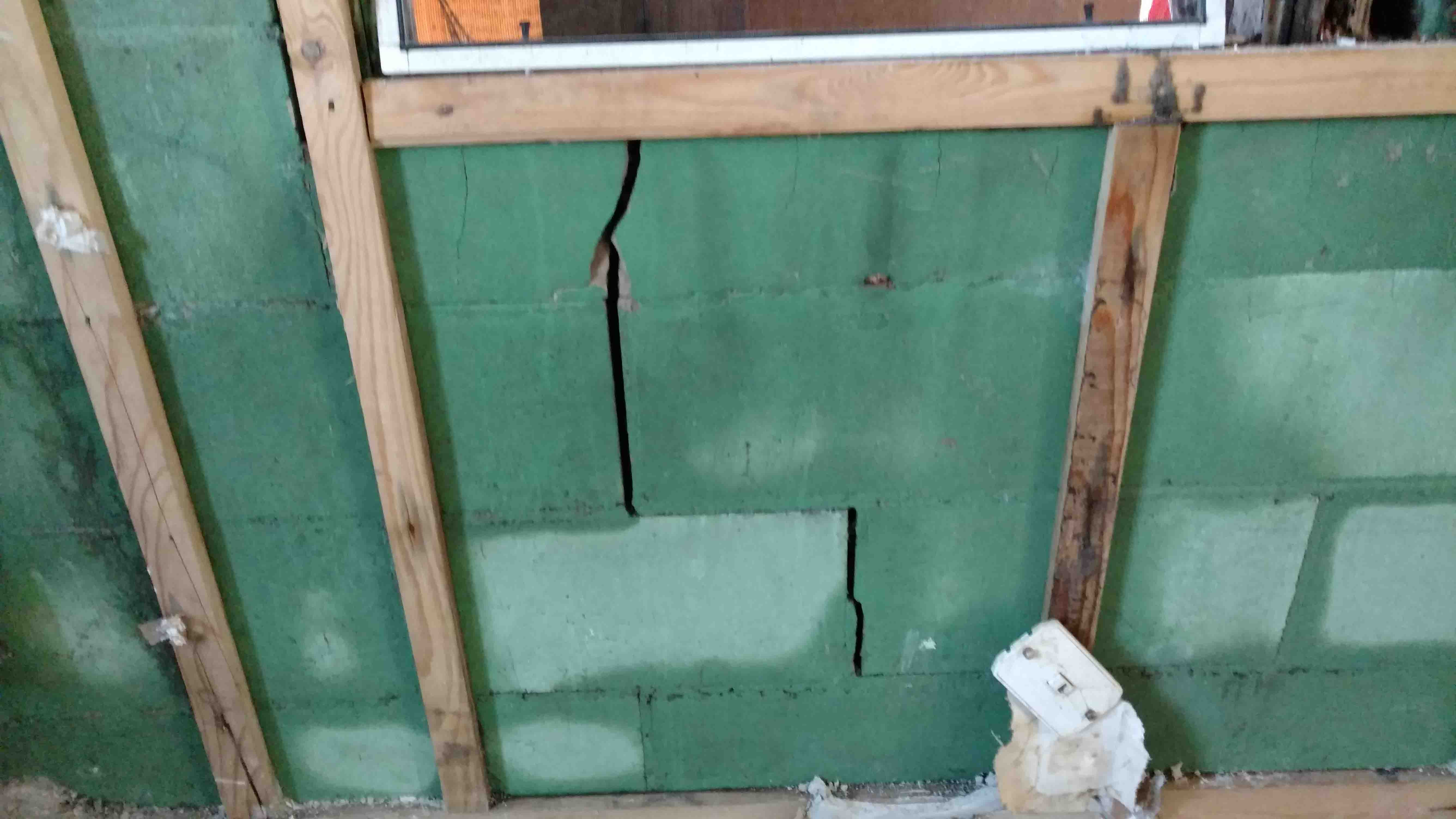After a hurricane or other disaster, that single-family house or building may look untouched at first. But closer scrutiny may reveal that it's been knocked off its foundation or suffered damage to its load-bearing walls. Other cases of structural damage in the wake of a catastrophe are much more obvious.

Evaluating the safety of hidden damage, obvious damage and everything in between is a crucial step toward restoring residents' wellbeing and securing Federal Emergency Management Agency assistance.
South Carolina urgently needs more certified building inspectors, architects and engineers to volunteer to inspect damaged properties in disaster-stricken areas of the state. The state has nearly 400 such professionals who are certified under the state's Safety Assessment Program, a standard that began in California in the 1980s to address earthquake damage. The assistance of SAP-certified professionals represents a key element of the recovery process with FEMA aid.
When a SAP-certified professional arrives on the scene of an area struggling in the aftermath of a disaster, the first step is for the local inspector to swear the individual in. Local jurisdiction swears the SAP-trained person in as a deputy building inspector to enforce the building codes of the local jurisdiction. Otherwise, the person cannot enforce the local building codes.
"We are ramping up the local officials' manpower rapidly," said Lt. Col. Marguerite McClam, PE, commanding officer of the South Carolina State Guard's Engineering Command, which serves in a support role for the National Guard, law enforcement, and other state, county and municipal agencies before and after emergencies. "We triage the place and get out as quickly as possible."
Because Hurricane Matthew brought damage to the entire region, not just South Carolina, relying solely on FEMA to deploy help from a pool of employees and contract employees would have prolonged the state's recovery. South Carolina's economy will be better positioned to weather disasters if more engineers, building inspectors and other professionals become SAP-certified volunteers. These volunteers can help displaced residents and business owners re-enter their homes and businesses sooner.
SAP-certified individuals, whose information is entered into a database, could be called to volunteer in other states. After Hurricane Maria, McClam was called to help conduct damage assessments in Key Largo, Florida, and in Puerto Rico but remained in South Carolina to attend to local needs. In such cases, she and other volunteers commonly spent nights on end sleeping on cots in high school gyms and living out of luggage.
"If we can get people back in their homes quickly, then you recover more quickly emotionally, financially and physically," she said.
The work of these volunteers has direct implications on federal disaster aid, too.
For every hour the SAP-certified engineers and architects are on the site of a natural disaster volunteering their services, the state can then multiply those volunteer hours by an approved rate — typically about $150 per hour — based on what it would have cost to hire an outside company to do the job. That dollar amount may then be used to secure matching FEMA recovery money, said McClam.
"The money stays local," McClam said. "It doesn't go out to another entity."
Saving time is also central to the volunteers' mission.
After Hurricane Joaquin, McClam sent engineers to inspect bridges in Newberry. A week later, a FEMA official showed up and approved the inspections. The federal official said that if Newberry residents had been forced to wait for FEMA engineers to travel to Newberry to perform the bridge inspections, it would have taken an extra six weeks. This would have pushed out the completion of repairs by several more months.
McClam and Greg Beste, RA, will present a session about post-disaster safety evaluations at the annual meeting of the Building Officials Association of SC on May 9. Attendees who complete the day-long training will be SAP certified. The deadline to register for the BOASC annual meeting is Friday, April 20.
